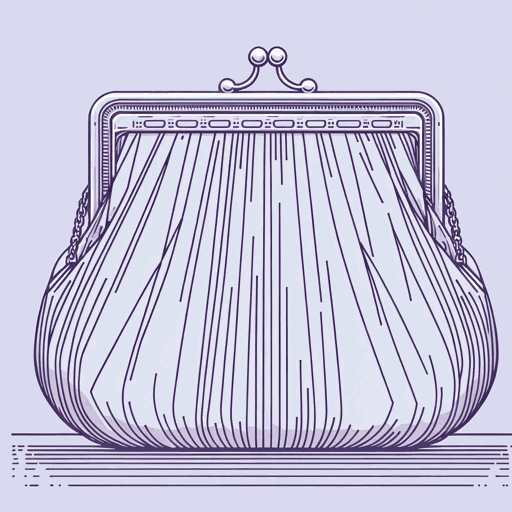40 pages • 1 hour read
Langston HughesThank You, M'am
Fiction | Short Story | Adult | Published in 1958A modern alternative to SparkNotes and CliffsNotes, SuperSummary offers high-quality Study Guides with detailed chapter summaries and analysis of major themes, characters, and more. For select classroom titles, we also provide Teaching Guides with discussion and quiz questions to prompt student engagement.
Summary and Study Guide
Summary: “Thank You, M’am”
A “large woman with a large purse that ha[s] everything in it but hammer and nails” is walking home late at night when a teenage boy runs up to her and tries to steal her purse (Paragraph 1). He loses his balance and falls, and the woman “kick[s] him right square in his blue-jeaned sitter” before hauling him to his feet (Paragraph 1). She questions why he tried to rob her before remarking that his face is dirty and that she intends to wash it for him. The boy protests meekly but can’t extricate himself, and the woman—introducing herself as Mrs. Luella Bates Washington Jones—drags him home with her.
Leaving the door behind her open, Mrs. Jones pulls the boy into her apartment and asks what his name is. He introduces himself as Roger, and she instructs him to wash up. As he does, he asks whether Mrs. Jones is going to hand him over to the police. She says that she isn’t and offers him dinner instead, remarking that he must have been hungry to resort to stealing. Roger admits that he wanted the money to buy a pair of blue suede shoes. To his surprise, Mrs. Jones doesn’t scold him but instead reflects, “I were young once and I wanted things I could not get” (Paragraph 35).
As Mrs. Jones makes dinner, Roger positions himself where she can see him, finding that he wants her to trust him; he even offers to go to the store for her, though Mrs. Jones declines. The two sit down to eat, and Mrs. Jones tells him about her job at a beauty shop.
After dinner, Mrs. Jones gives Roger $10 to buy a pair of blue suede shoes, warning him to “behave [him]self” in the future (Paragraph 45). He thanks her, although as she closes the door behind him, he wishes he could say more. The two never see one another again.
Related Titles
By Langston Hughes

Children’s Rhymes
Langston Hughes
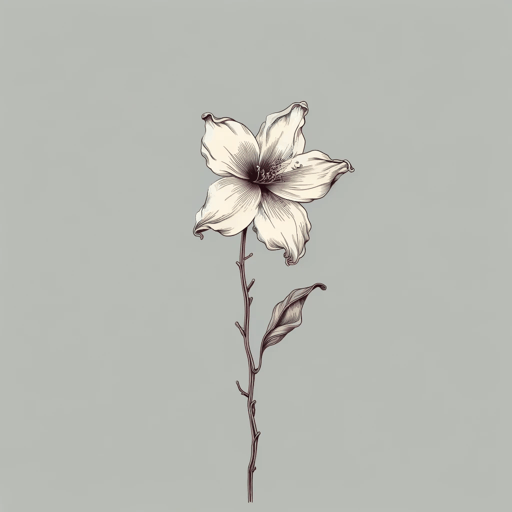
Cora Unashamed
Langston Hughes

Dreams
Langston Hughes
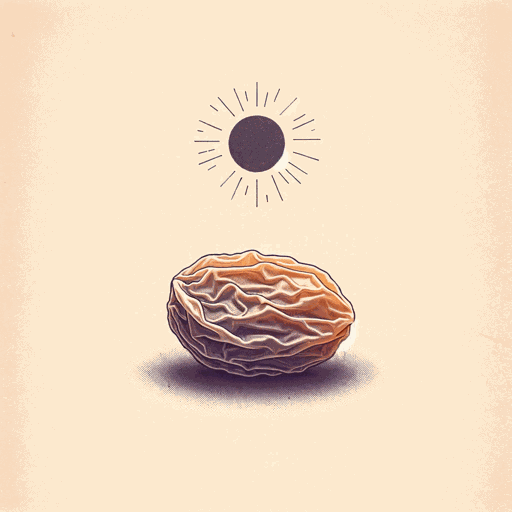
Harlem
Langston Hughes
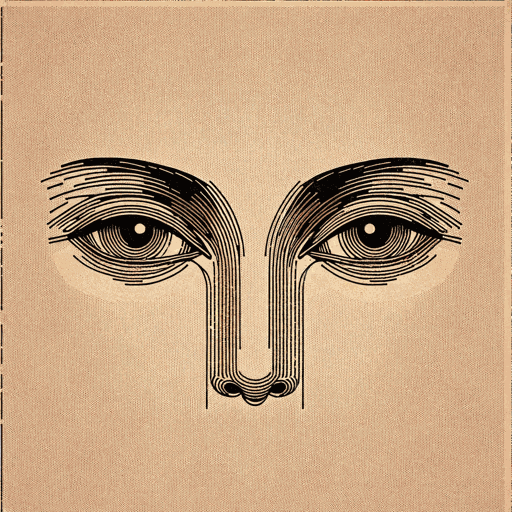
I look at the world
Langston Hughes
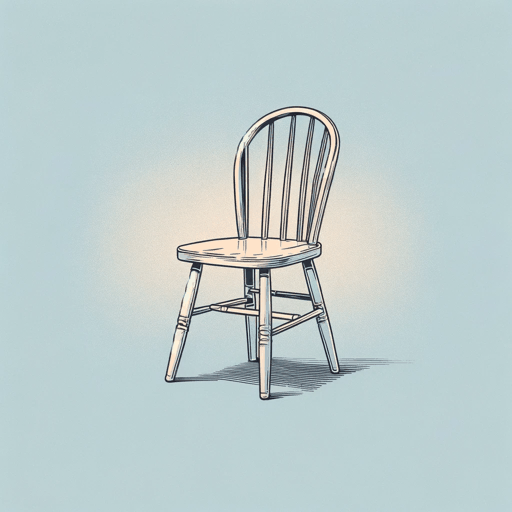
I, Too
Langston Hughes

Let America Be America Again
Langston Hughes

Me and the Mule
Langston Hughes

Mother to Son
Langston Hughes

Mulatto
Langston Hughes

Mule Bone: A Comedy of Negro Life
Langston Hughes, Zora Neale Hurston
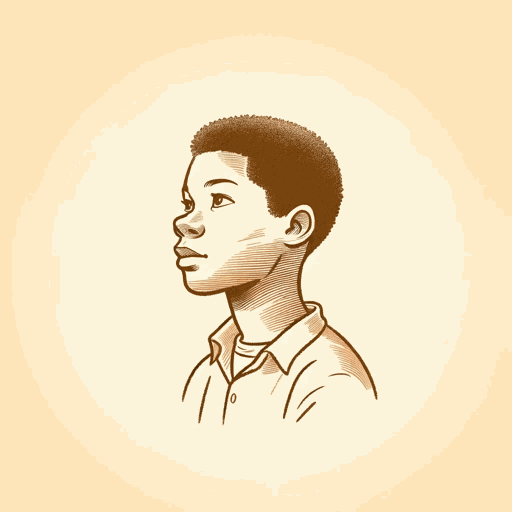
Not Without Laughter
Langston Hughes
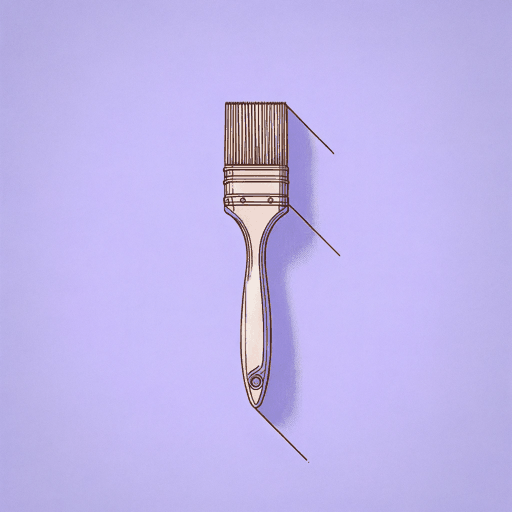
Slave on the Block
Langston Hughes

The Big Sea
Langston Hughes
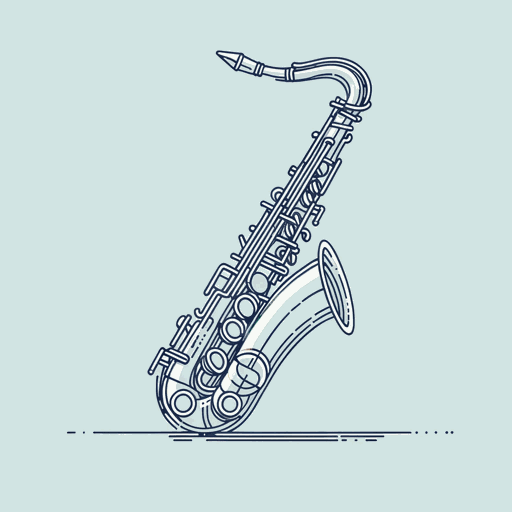
Theme for English B
Langston Hughes

The Negro Artist and the Racial Mountain
Langston Hughes

The Negro Speaks of Rivers
Langston Hughes
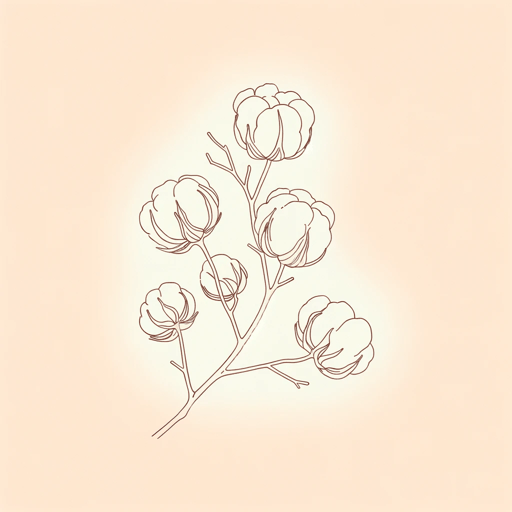
The Ways of White Folks
Langston Hughes
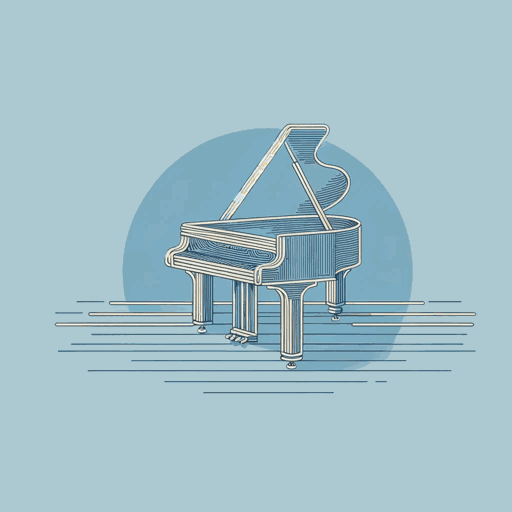
The Weary Blues
Langston Hughes

Tired
Langston Hughes
